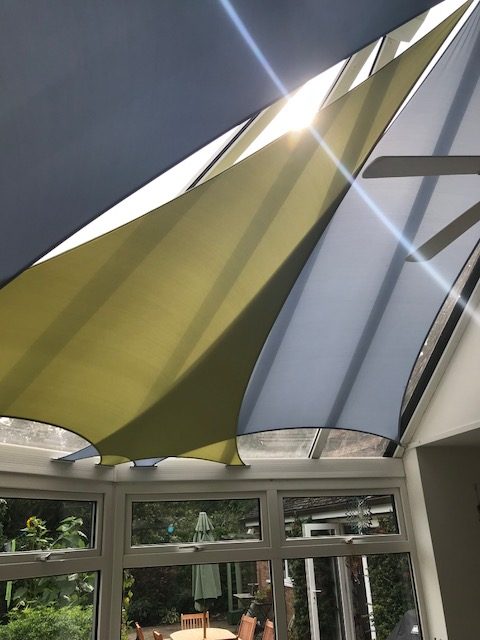Deck up your home with Art Deco


An oak tree has to give its life to become your chair. Later, a designer spends weeks and a carpenter spends days so that your perfectly formed backside can rest on its perfectly formed seat. The small act of sitting down comes with a list of sacrifices. So, when you outgrow it, isn’t another shot at life a better end?
The antique stores of Mumbai – Moorthy’s in Tardeo, Phillips Antiques in Colaba, Camelot in Kemps Corner – specialise in restoration and resale. But, what they have started paying particular attention to, because the Indian buyer has started paying particular attention to, is furniture from the Art Deco and mid-century period, antiques as young as 100 years old. Last week, Moorthy’s launched Pooranawalla, a dedicated space that will only sell Art Deco and mid-century furniture. While Shauheen Daya, of Phillips Antiques, says, “Art Deco furniture accounts for about 75 per cent of our sales.” And, Ameera Shah, the owner of Camelot, says, “Since the inception of the store 25 years ago, Art Deco has been Camelot’s favourite style of furniture. The popularity of this style emerged in the ’80s, but has come back in a big way today.”
In fact, as soon as Mumbai’s Art Deco district was recognised by UNESCO in June, Saffronart held an online auction of 59 lots of Art Deco furniture in August. As RK Moorthy, owner of Moorthy’s, says, “Mid-century furniture is commanding absolutely fantastic value in some of the auction houses. That makes it easy for the layperson to understand that these are valuable investments.”

A 1940 teak and rosewood showcase from Phillips Antiques
How it started
While no one in Mumbai needs to be schooled about Art Deco architecture, there’s definitely a knowledge gap about the furniture. (This is typical of the medium: while everyone’s heard of Le Corbusier, the man who built Chandigarh, hardly anyone knows of Pierre Jeanneret, the man who furnished it.) Dr Simin Patel, who has done her PhD on Mumbai’s history from Oxford University and runs the popular blog, Bombaywalla, says, “Art Deco is defined as a complete style.
It extends from the building to the interiors to the furniture to toys to automobiles to the cinema. So, there’s no reason why furniture would not be touched by it. The home itself becomes the first space of the complete style.” According to Jacinta Moorthy, the better half of Moorthy’s, “The whole ethos of mid-century and modern came about almost as a revolution to the older, Victorian pieces that were highly decorative, very carved and always made with a heavier wood like mahogany and rosewood.” Or, as furniture designer Kunal Merchant, who occasionally restores Art Deco pieces for private clients, puts it, “I interpret it as decolonisation. It was India finding its own identity.”

RK and Jacinta Moorthy have recently started Pooranawalla for Art Deco and mid-century furniture
Buying time
Art Deco and mid-century furniture were lightweights compared to earlier stuff. Mostly carved out of teak, birch, pine and oak, they featured cleaner lines, geometric designs, backs of cane, and copper and brass accents. Nobody is certain who designed them. “That trail is unknown,” says Jacinta. But, Patel adds, “You had shops like Kamdar in Churchgate, which came up at the time that Deco was flourishing, and were very well-known for their Deco furniture. You also had Army and Navy stores, Whiteaway and Laidlaw & Co at Hornby Road [in Fort], and departmental stores also that stocked Art Deco furniture.”
Certain pieces of the period have always held an allure, like Art Deco lights. “Architects and clients often seek the stylised floral and geometric designs with sunrise motifs because they create a dramatic effect,” says Shah. Number plates, cigar boxes, travelling trunks, and the like are also often littered across living rooms. But, it’s the sofa sets and dinner tables that are now catching on.

Kunal Merchant, Cabinet-maker
Moorthy’s has launched Pooranawalla specifically because they saw the interest their son, Tushar Durante, took in the period. “We’ve been buying Art Deco pieces for the last six years,” says Moorthy. “But, after talking to my son, we realised that that is the trend. Also, it has a wonderful resale value and the value keeps going up. Normally, the furniture you buy is shown as depreciation in the books, while this appreciates.” The pieces also don’t break the bank: they are mostly in the Rs 12,000-Rs 45,000 range. Though, an entire house filled with them is a bit of an overkill. In which case, you can do what Merchant’s clients do: “What I find is that people build a modern house, but they want that one Art Deco piece. I think it’s their way of connecting with the city.
[“source=TimeOFIndia”]

